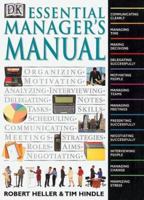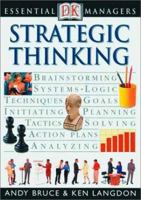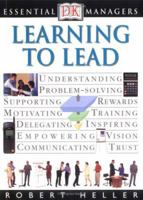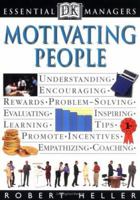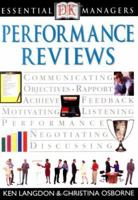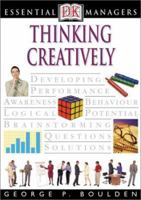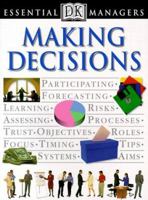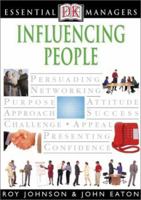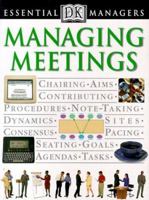Death, Drugs, & Muscle
Select Format
Select Condition 
You Might Also Enjoy
Book Overview
Death, Drugs, & Muscle is the story of a man who lived decades on the right side of the law before making the dangerous choice to enter the dark and dangerous world of drug dealing. After reaching the top and living a lavish lifestyle where sex, drugs, and money were in plentiful supply at all hours of the day, it all came crashing down in one harrowing instant. This is the story of Gregg Valentino, a man who had everything, lost it all, and fought his way back to the top. The book describes Valentino's involvement with bodybuilding and its association with steroids and underground behaviour, including the sex and muscle worship trade. Valentino eventually begins dealing drugs himself, and details the dangers and the fallout -- including the murder of his girlfriend, his arrest, and his rise as an unlikely celebrity. The story is uncensored, no-nonsense, and spares no expense to give the reader a true account of a life marred with murder, tragedy, sex, drugs, and sports.
Format:Paperback
Language:English
ISBN:1550229214
ISBN13:9781550229219
Release Date:February 2010
Publisher:ECW Press
Length:288 Pages
Weight:0.95 lbs.
Dimensions:0.7" x 6.1" x 9.0"
Customer Reviews
1 customer rating | 1 review
There are currently no reviews. Be the first to review this work.
































